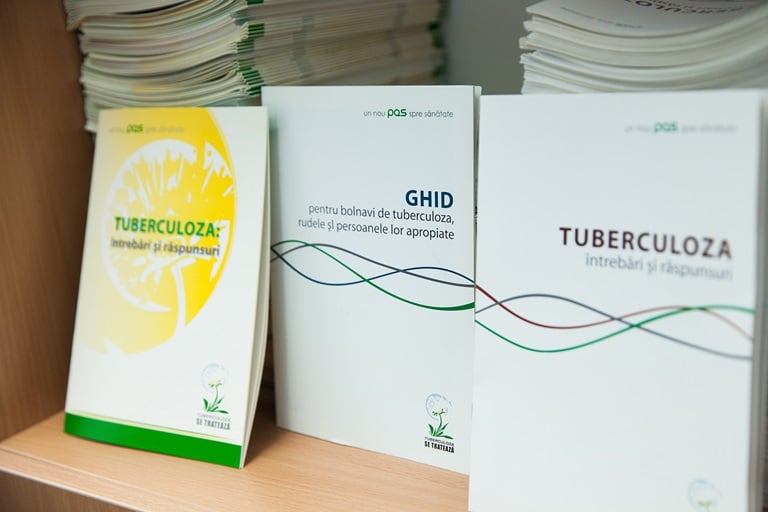Assessing the health literacy and health communication needs of Syrian refugees in Turkey (2020)
.tmb-479v.png?sfvrsn=25393cfb_1)
Publications
Water, sanitation and hygiene (WASH) services, including waste management and environmental cleaning, are fundamental to quality care, infection prevention...
Legionella infections represent a significant health burden in the pan-European region; in many countries it is considered among the most important waterborne...
Unhealthy bodyweight in children affects physical and mental health, school performance and quality of life, while also raising the risk of obesity and...
Access to safe drinking-water, sanitation and hygiene (WASH) in schools is fundamental to protecting children’s health, dignity and educational opportunities....
.tmb-479v.png?sfvrsn=25393cfb_1)
WHO Regional publications - other Regions
